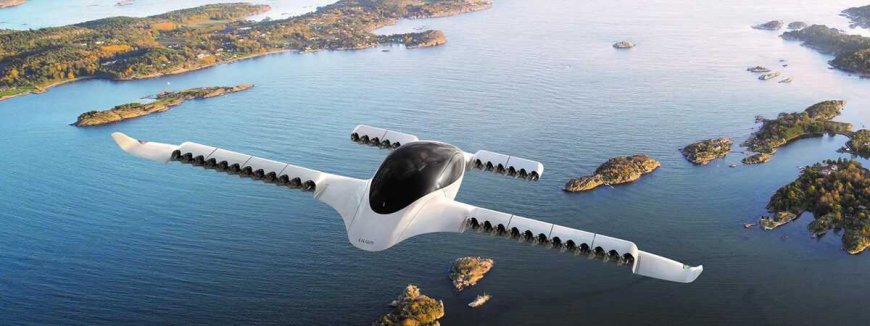Saudia hands Germany's Lilium biggest order yet for flying taxis
The order is expected to be formally announced at an event at Lilium's headquarters near Munich later this month. This event will likely showcase the contract signing and provide insights into Saudia's plans for integrating these flying taxis into their domestic network.

Germany-based air taxi developer Lilium has secured the largest order to date from Saudia Group, the state-owned airline of Saudi Arabia. Saudia has made a firm order for 50 of Lilium's electric Vertical Take-Off and Landing (eVTOL) jets, with an option to purchase an additional 50 jets later. The total value of the order, including the options, is approximately $700 million.
The Lilium jets, which are designed to carry four to six passengers, are expected to join Saudia's fleet in 2026. These jets are intended to replace short road trips or hops by traditional aircraft or helicopters. Saudia plans to use these air shuttles to transport pilgrims between Mecca and Jeddah, as well as to major sporting events in Riyadh and tourist destinations within the country.
The deal was signed at Lilium's headquarters near Munich during a visit by Saudia executives to Germany. Lilium co-founder Daniel Wiegand and CEO Klaus Roewe highlighted the importance of customers' advance payments in finalizing the development of flying taxis, which are still in the development phase. Lilium currently has 106 firm orders, including those from Saudia, along with 76 options and around 600 memorandums of understanding.
Despite facing delays in the delivery of testing equipment and other parts, which have pushed back the first manned flight of its eVTOL aircraft to early next year, Lilium remains on track to deliver the first 50 planes to Saudia by 2029 . This order is part of Saudi Arabia's broader "Vision 2030" initiative, aimed at tripling annual passenger numbers to 300 million and diversifying the kingdom's economy away from oil through increased tourism and air traffic.

 LD Web Desk
LD Web Desk 